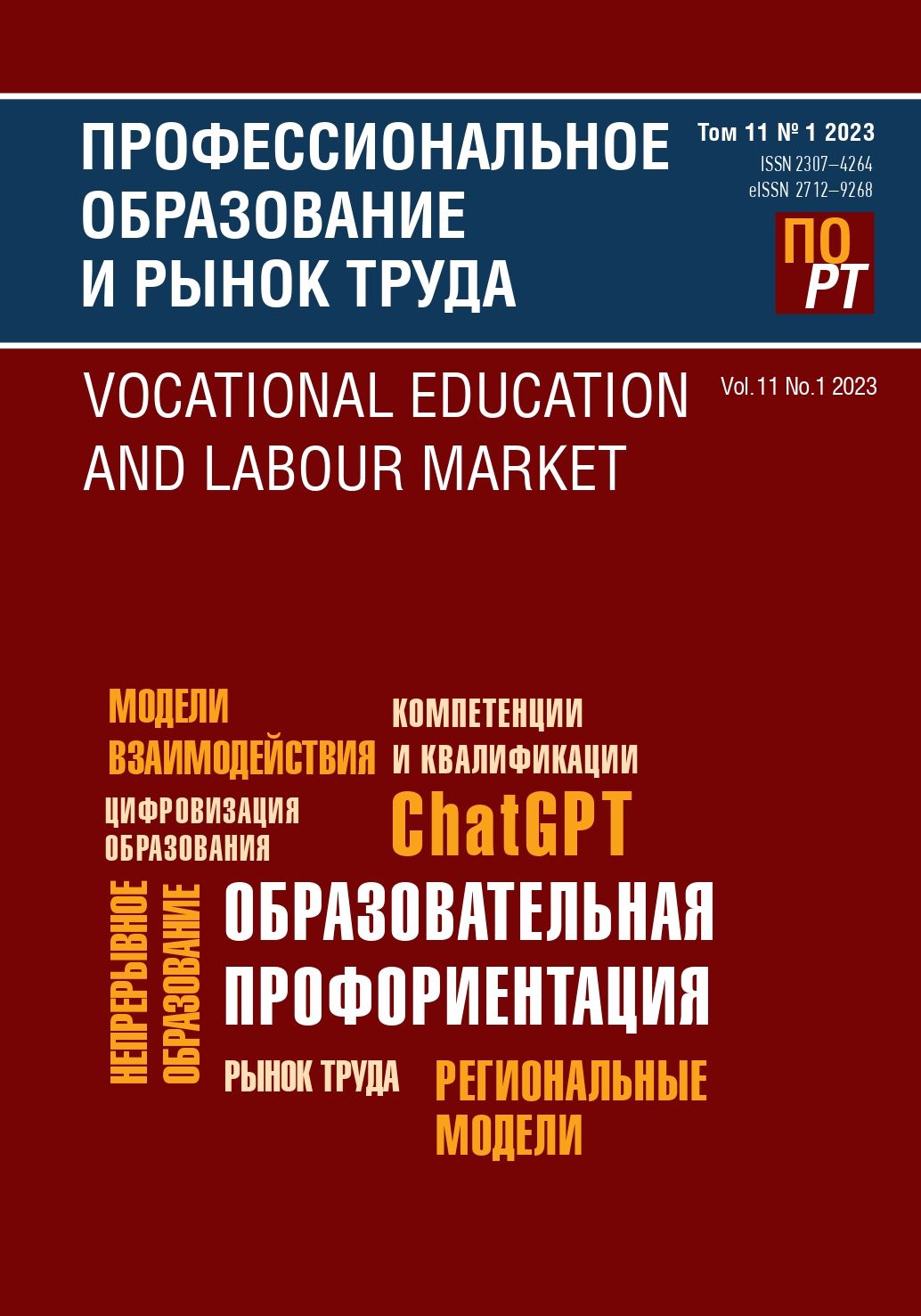Введение. В конце 2022 года академическое и педагогическое сообщество всего мира обеспокоил запуск ChatGPT — чат-бота с искусственным интеллектом и широкими возможностями автоматической генерации текста, которыми не преминули воспользоваться обучающиеся (студенты), причем не с самыми благими целями. Однако наряду с обеспокоенностью пришло понимание, что проблема педагогических возможностей ChatGPT для развития когнитивной активности студентов крайне актуальна и требует тщательного изучения, а использование искусственного интеллекта в образовании открывает множество перспектив.
Цель. Исследование педагогических возможностей использования нейронных сетей (на примере ChatGPT) для развития когнитивной активности студентов высшей школы.
Методы. Теоретические общелогические методы (анализ, синтез, обобщение, индукция, дедукция) и общенаучные методы эмпирического исследования (педагогическое наблюдение, описание, опрос).
Результаты. В ходе исследования дано определение понятия «когнитивная активность». Выделены педагогические возможности ChatGPT для развития когнитивной активности, связанные с поиском, восприятием и переработкой информации: возможности развития критичности, креативности, познавательного интереса, мотивации к обучению, рефлексивности, отработки навыков при изучении отдельных дисциплин. Изучены преимущества и недостатки использования ChatGPT в образовательном процессе.
Научная новизна. В настоящее время многие исследования сфокусированы на применении нейронных сетей в различных областях, однако применение таких сетей в образовании является относительно новым направлением. Данная работа направлена на выявление новых подходов к обучению и развитию когнитивной активности студентов и на повышение эффективности обучения в целом. Практическая значимость.
Результаты исследования могут быть использованы педагогами, разработчиками учебных программ и технологий для совершенствования методов обучения и воспитания, разработки новых моделей обучения с целью повышения качества образования и развития когнитивных навыков у студентов.

